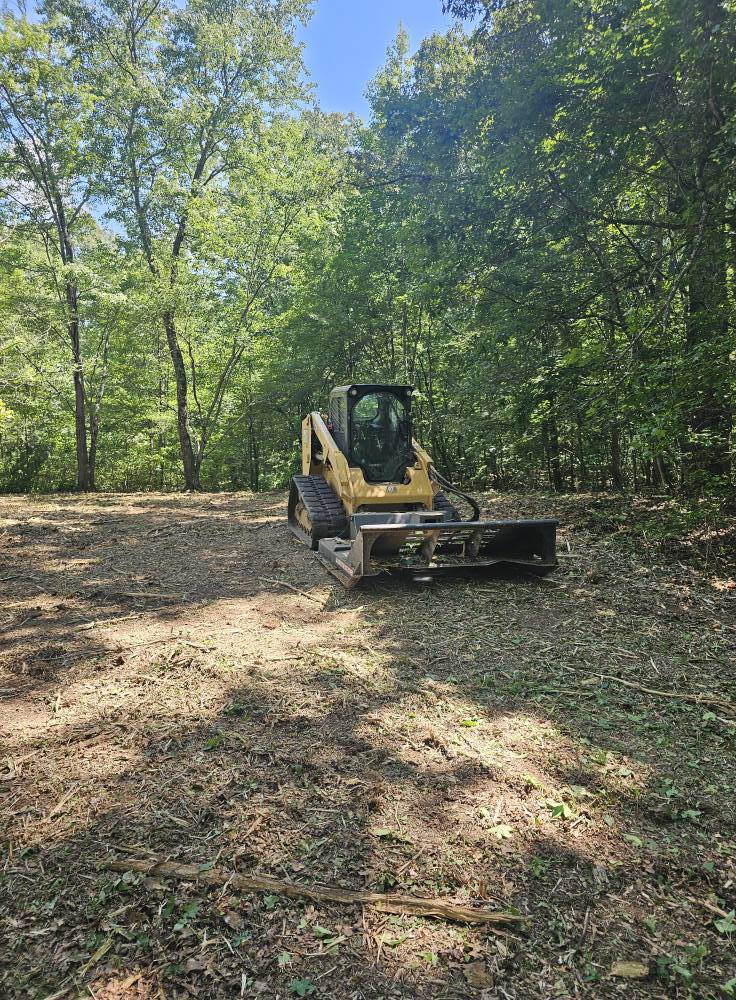
Building Foundations: The Essential Steps in Excavation Planning Oct 07, 2025
Beginning with a Solid Plan
Every successful excavation project begins with meticulous planning. Before the first shovel hits the ground, it's essential to conduct a thorough site assessment. This involves examining existing land conditions, soil types, and any potential obstacles like underground utilities or water systems. Understanding these factors helps in devising a site-specific excavation approach. For Whaley Land Development, this planning stage often involves cooperating with surveyors and engineers to create precise blueprints that respect both the client's vision and the land’s natural characteristics.
Permits and Regulations
Legally operating within your area’s zoning laws and obtaining the necessary permits is a vital part of the planning process. Many clients overlook this step, but Whaley Land Development ensures that all regulatory boxes are checked before commencing with excavation. Failure to secure these documents can lead to costly delays. Additionally, adhering to environmental regulations supports sustainable development and can prevent legal complications down the line.
Choosing the Right Equipment
Once the groundwork plan is approved, the focus shifts to selecting the appropriate equipment. The choice of machinery is dictated by the project's scope, land type, and specific excavation needs. From bulldozers and backhoes to smaller, specialized equipment, each tool serves a unique purpose. For instance, compact excavators are perfect for tight spaces, while larger machinery handles extensive digging and grading tasks with ease. At Whaley Land Development, leveraging the right technology ensures efficiency and safety on-site.
Prioritizing Safety
Safety should always be at the forefront of any construction project. With excavation, the stakes are especially high due to the inherent risks of working with heavy machinery and varying land conditions. Whaley Land Development implements rigorous safety protocols, providing comprehensive training for their team and always advocating for the latest in safety gear and equipment technology. A reliable excavation company makes sure that not only the employees but also the surrounding environment and infrastructure remain unharmed.
Monitoring and Adjustments
An excavation project is rarely a static endeavor. Rather, it's dynamic and often requires continuous monitoring and adjustments. Factors such as weather conditions, unexpected soil variations, or equipment malfunctions can necessitate modifications to the original plan. Regular site inspections help in identifying these issues early, allowing the team to adapt promptly and effectively. Whaley Land Development prides itself on flexibility and responsiveness, ensuring the project adheres to timelines and quality standards.
Completing the Excavation
As the excavation nears completion, it’s crucial to confirm that the site is prepared for the next phase of construction. This could involve leveling the ground, implementing erosion control measures, or preparing for foundational work. Ensuring a clean and stable work environment makes the upcoming construction processes smoother and more efficient.
In conclusion, the steps involved in excavation planning are multifaceted and require careful attention to detail. Whaley Land Development, with its industry experience and dedication to excellence, ensures each phase of excavation aligns with project goals and regulatory expectations. By understanding the essential steps in excavation planning, clients can set their projects on a path to success, building the literal and metaphorical foundations upon which their vision will rise.
/filters:no_upscale()/media/340f36ae-ff64-492c-929f-de901bcc08a9.jpg)
/filters:no_upscale()/filters:format(webp)/media/c6e0fcc4-ae98-4027-b8d5-b84c919ac687.jpeg)